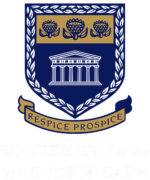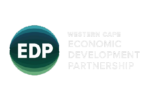Home
The project Nexusing water, energy and food to increase resilience in the Cape Town metropolitan region aims to improve the capacity of Cape Town’s urban residents and authorities to prepare for, cope with, and learn from resource crises in the city through more integrated infrastructure planning. To these ends, the project explores how water, energy and food crises interrelate in Cape Town, how they materialise differently across socio-spatial contexts and how governance complexities are and can be addressed.
The project brings together an international and multi-disciplinary team of researchers and practice partners. It is funded by the South African National Research Foundation (NRF) together with the Dutch Research Council (NWO), under the Cooperation South Africa-Netherlands Programme, to support studies on solutions that balance trade-offs and amplify synergies between the water, energy and food sectors while simultaneously preserving the environment. The project runs from January 2020 to December 2024.











